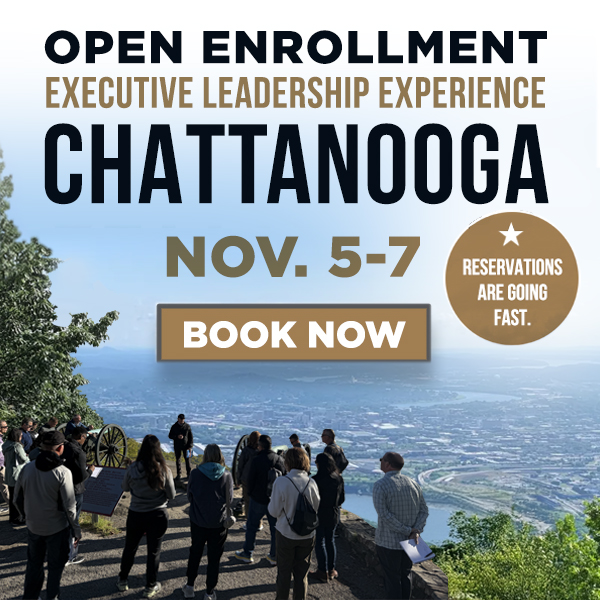When COVID-19 shut down the world, most Americans thought the pandemic stage would last 10-14 days. College administrators extended spring breaks, K-12 teachers pivoted to remote learning, and office workers packed their laptops. Although stores quickly ran out of toilet paper, cleaning products, and snack foods, many were confident this was a strange yet brief disruption to the normal pattern of life. That was two years ago. Now people are heartily sick of hearing anything about COVID-19.
Two presidents have had their agendas hijacked by this ever-mutating virus. Approval ratings of officials from both parties have taken a beating, and public trust has steadily eroded in the face of a weary electorate that just wants life to go back to the way it was. The media likes to portray these as unprecedented times of deep crises; however, this perspective takes a rather short view of history.
In the summer of 1862, President Abraham Lincoln was inundated by complaints from within his administration and the public. Everyone was frustrated by the string of humiliating defeats the Union armies had suffered. In the East, a series of lackluster commanding generals appointed by Lincoln had made swashbuckling promises of easy victories only to be trounced on the battlefields of Virginia by much smaller Confederate armies. The war that was supposed to be over in less than 90 days had dragged into a second year. Confidence in Lincoln’s leadership was flagging, and in the North, there were growing calls for a negotiated peace with the Confederacy.
The pressure on Lincoln was coming from all sides. Abolitionists were relentlessly pushing for total war to end slavery. Copperheads wanted the Confederacy defeated to reunite the nation. Confederates wanted Lincoln to concede their independence. The only thing everyone could agree on is that they were sick of the war.
Lincoln’s dilemmas were how to end the war and what the post-war country would look like. He had determined it would be impossible without ending slavery. In July 1862, he previewed his draft of the Emancipation Proclamation with Secretary of State William H. Seward and Secretary of the Navy Gideon Welles. The proclamation emancipated slaves in the states that were in rebellion as a wartime measure and established the legal framework for all four million slaves as Union armies advanced deeper into the Confederacy. Recognizing that Lincoln’s critics would interpret the proclamation as the Union’s “last shriek of retreat,” Seward convinced him to hold off issuing it until it could be coupled with a Union victory.
The Union’s Army of the Potomac won a narrow victory at the Battle of Antietam that September. It was a disappointing performance by General George McClellan, but he had managed to push Robert E. Lee’s Army of Northern Virginia out of Maryland. For Lincoln, this was the moment. He issued the Emancipation Proclamation, and although it was politically divisive, it was an important step in refocusing a war-weary public. In the face of mounting casualties, people were rapidly losing sight of what the war was about. In the midterm elections that followed, Democrats made some gains in their historic strongholds, but results indicated Northern voters endorsed Lincoln’s policies.
Battlefield Leadership offers two opportunities to explore the political and military events surrounding Lincoln’s Emancipation Proclamation. Our Antietam Leadership Experience will take you through the decisions made by McClellan, Lee, and their respective teams at the Battle of Antietam. You’ll walk the Corn Field and Bloody Lane and cross Burnside’s Bridge, gaining insight into Lincoln’s timing. Our Lincoln Leadership Experience will take you through the political philosophy and career of the man who came from the humblest of origins and redefined the office of President of the United States. Each of these programs will change the way you think about leadership through crisis and offer you context you’ve likely never considered.
We’ll see you on the battlefield.
Through our unique programs, leaders from Fortune 500 companies, government entities and higher education institutions learn how to overcome these challenges and transform their organizations, positioning them for future successes. Find out how Battlefield Leadership can help your team by emailing info@battlefieldleadership.com or by calling 864.386.9637.


